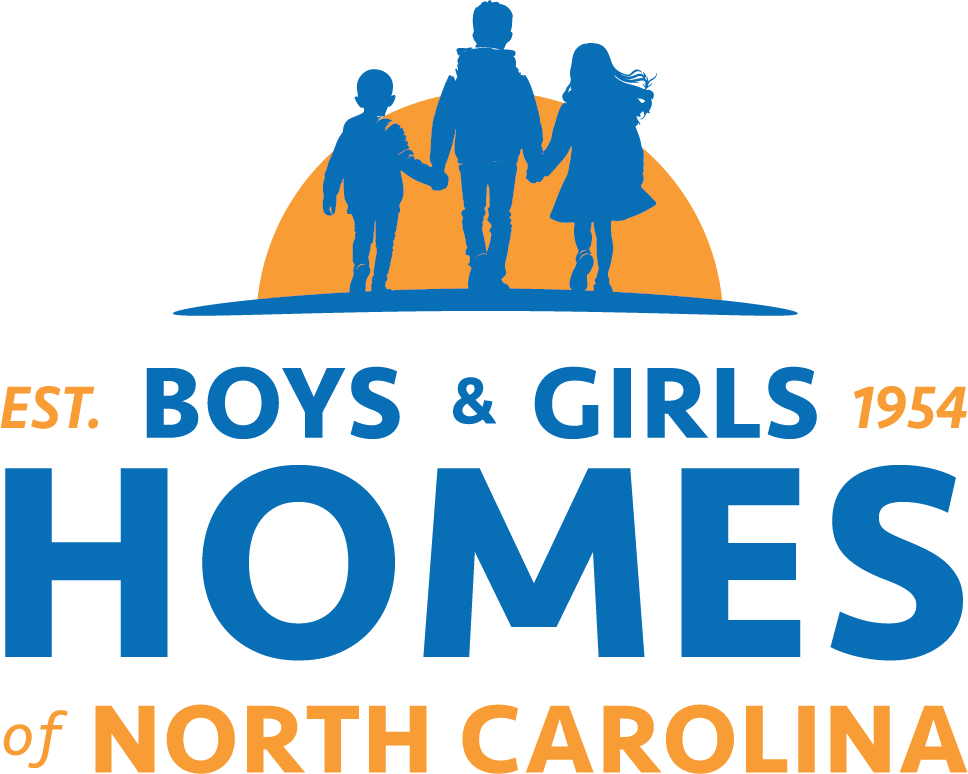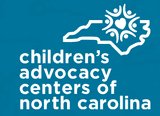When I was a senior in high school my sister was a freshman. Ever the social butterfly, she made friends quickly in multiple circles beyond those friends she had in middle school.
One of the interesting facets of these differing friend groups is that they had vastly different commentary on me. I was what would probably be best described as the under the radar student. I wasn’t in the top 25 students in my graduating class, but I was in many of the “smart” classes. I was always on the A-B honor roll and participated in band and French club. By and large, I escaped notice of anyone outside of my very small circles.
Yet for my sister’s friends I was the transportation source and occasional guide on particular teachers or classes.
One set of my sister’s friends said, “What’s wrong with your sister? Why doesn’t she smile more?”
The other set asked, “What’s wrong with your sister? Why is she always smiling?”
To this day, I honestly don’t know what instances prompted these comments. I don’t even know which friends said what.
Yet I know that our youth also experience these kinds of conflicting reports from different environments, although probably not directly about smiling.
Like so many teens, our youth behave differently in different environments. One teacher may report that the student is barely present or constantly disruptive while another teacher may report that the student is the most helpful student in the school. A youth may receive glowing reports from their clinical staff while consistently receiving the opposite for behavior in the cottage.
Teen years are when the journey of discovery is in full effect. Behaviors are changed and experimented with to fit into the environment. Rules and limits are put to the test regularly. This is part of the reason why a positive peer group is so important for the youth in care. It is why our direct care staff in the cottages and the support teams focus on positive skills development and strengths-based interventions.
Our job in guiding the youth in a caregiver’s position is to help them find the safety and security to discover their truest self – the self that allows them to express their gifts and abilities to the fullest extent. It is a way to get them to “smile more” through their own growth and achievement.
Melissa Hopkins is the Public Relations and Marketing Specialist for Boys and Girls Homes of North Carolina.















